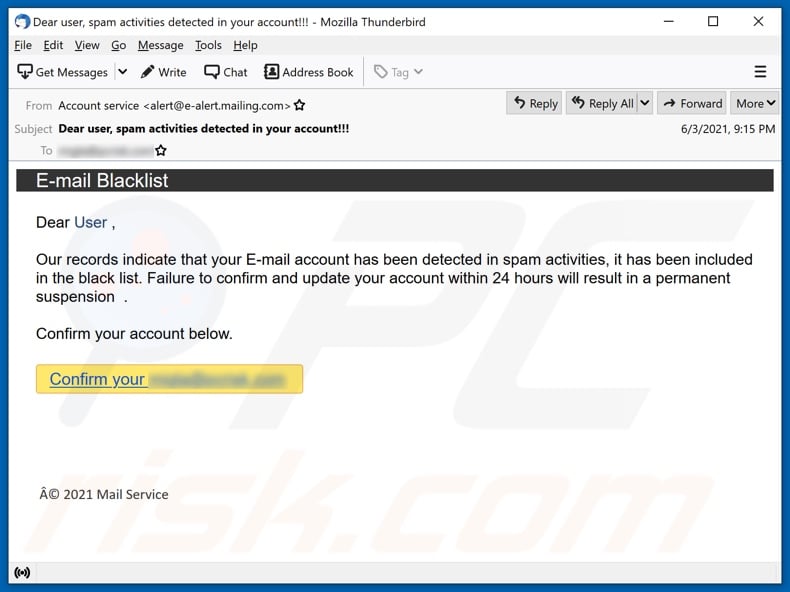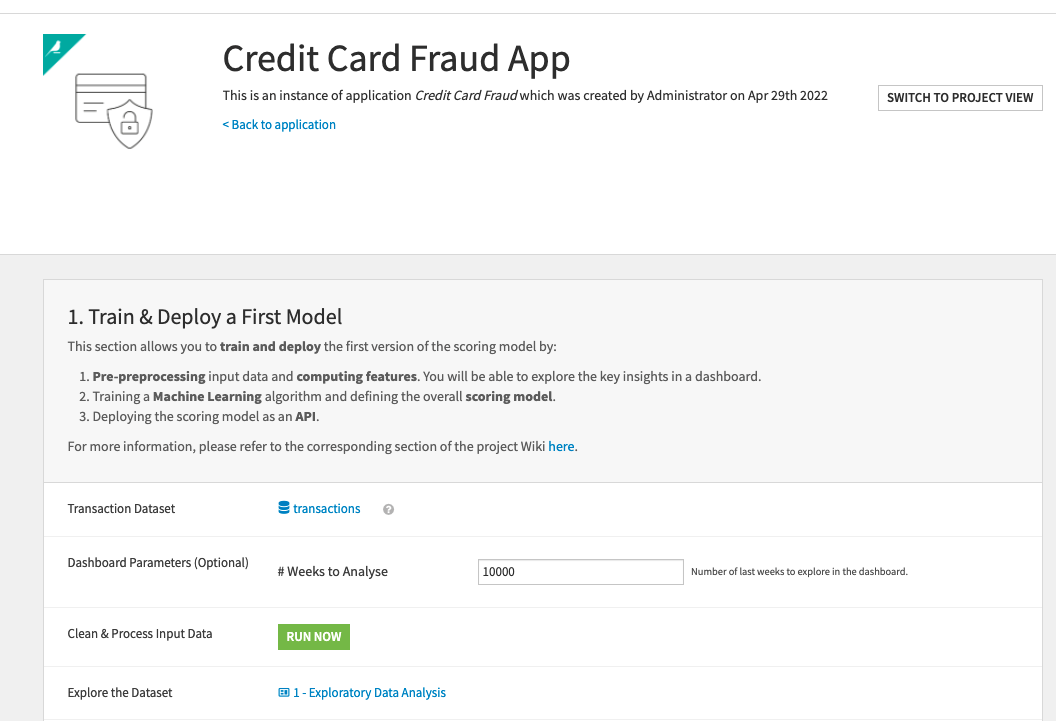Recommended Advice On Picking Credit Card Apps
Wiki Article
What Is Deemed Suspicious Behaviour That Could Result In A Credit-Card Being Blacklisted?
Certain behaviors or actions could raise red flags and may be deemed suspicious, which could result in a credit card being flagged as suspicious or even blocked by the issuer of the card or a financial institution. Some examples of suspect behavior include:- Unusual Buying Patterns
The suspicion can be raised due to unusually large transactions, or an increase in spending if compared with the cardholder’s usual behavior.
Unrecognized Transactions-
Any unapproved or suspicious transactions on the card statement that the cardholder didn't initiate or approve could be indicative of fraud.
Multiple declined transactions
If you have a history of transactions that are good, but the cardholder is experiencing a number of failed or declined transactions in a short period of time, this could indicate that something is wrong.
Geographic Anomalies
Suspicions can be raised if you make multiple purchases at different locations in the same time or if the transactions originate from a place that is far away from the place where the cardholder typically spends.
Atypical Purchase Types
Purchases that are not typical of high-value items, or which are not in line with cardholders' spending habits, may be identified.
Uncommon Online Behavior
Unexpected online activity, such as multiple failed login attempts, changes to account details or suspicious login attempts could indicate possible unauthorized access.
The use of cards that isn't normal
The situation where a card is used outside of the normal use pattern, such as suddenly being used to make international payments even though it was previously utilized locally, can be considered to be suspicious.
Unexpected Cash Advances, Transfers or Cash-
Cardholders could receive alerts when they make significant advance or cash transfer which aren't in their normal spending practices.
Frequent Card Not Present Transactions
Atypically high number of transactions (online, over the phone or any other method) that involve cards that are not held with prior experiences could lead to suspicion.
Issues relating to Identity Verification
Especially in cases of additional verification, it could be suspect if you're having difficulty verifying your cardholder's identification when you make a purchase.
The card issuer can investigate these behaviors and stop the card temporarily until they can verify the identity of the cardholder as well as the legitimacy of the transaction.

What Should I Do, Should My Credit Card Be Listed On A Blacklist Of Credit Cards?
It is recommended to follow the steps below if your credit card appears on a list or if there is a suspicion of fraud. Call Your Credit Card Issuer Right Away-
Call the customer care number on the reverse of your credit card. Check the issuer’s website for a hotline that is exclusive to report a fraud.
Inform your issuer that you are concerned. Tell them that you suspect fraud, or your security card could be compromised.
Report Suspicious Activity-
Make sure you report any unusual or illegal transactions that appear on your statement.
Provide specific details about the transaction you're unsure about. Please include dates, the amount and, if applicable, merchant names.
Request Card Replacement, Blocking or Removing
If you want to prevent any further transactions that are not authorized ask that the credit card's issuing company temporarily blocks the card temporarily.
If you'd like to continue credit card access, learn what you can do to replace your card.
Review your account to contest any charges.
Examine your latest statements of account and transactions to determine if there was any suspicious activities.
If you discover unauthorized charges, notify the card issuer and ask for an investigation.
Keep track of and monitor your creditscore
Follow up with the credit card issuer to make sure that the proper steps have been taken to resolve your issues.
Regularly monitor your credit card account for any suspicious or unusual activity.
Consider Placing Fraud Alerts or Security Freezes
In the event of a serious incident depending on the severity, you could choose to place an alert or freeze on fraud on your credit report to safeguard yourself against identity theft or other fraudulent attempts.
Send a report to Authorities If Required
The report to your local police agency and the Federal Trade Commission is a good idea if you suspect fraud or identity theft.
Make sure you take action immediately to prevent further fraud and unauthorized transactions. By reporting any suspicious activity as soon as it occurs and working together with your credit-card issuer, you can limit the potential impact of fraud or misuse.

Who Are The People Who Can Run Credit Card Number Through A Blacklist?
The process of comparing credit card numbers to the blacklist or examining for suspicious activity with credit cards is usually performed by authorized professionals within financial institutions, law enforcement agencies, or cybersecurity companies. They include Fraud analysts- Trained people who work for financial institutions, and are specialized in identifying, investigating, and the prevention of fraudulent credit card transactions. They utilize specially designed software and tools that find patterns or unusualities as well as potentially compromised card numbers.
Cybersecurity Experts: Professionals with an expertise in cybersecurity. These professionals are able to detect and prevent cyber-attacks like stolen credit card numbers. They focus on preventing breaches of information, looking at the information for warning signs and taking steps to implement security measures.
Law enforcement officers Individuals or units within the law enforcement agencies who specialize in financial crimes, such as credit card fraud. They are able to access databases and other resources to analyze and track fraudulent actions.
Compliance Officersare professionals responsible for ensuring that banks adhere to regulations and laws related to financial transactions. They may be responsible for overseeing procedures to detect and report suspicious activities relating to credit card transactions.
Databases that hold credit card blacklists as well as the authority to verify credit card numbers against lists are strictly regulated and require a legal authorization, such as being a part of an investigation by a government agency into financial crimes, or being granted specific permissions by authorized entities.
These qualified individuals and teams utilize special software, protocols and legal procedures to verify information about credit card transactions against blacklists while adhering to strict security and privacy regulations. If you're concerned regarding security concerns regarding your credit card details, it is important to reach out to an authorized professional or institution. Unauthorized attempts to access or use blacklists for credit cards can cause legal issues. See the recommended savastan for site examples.
